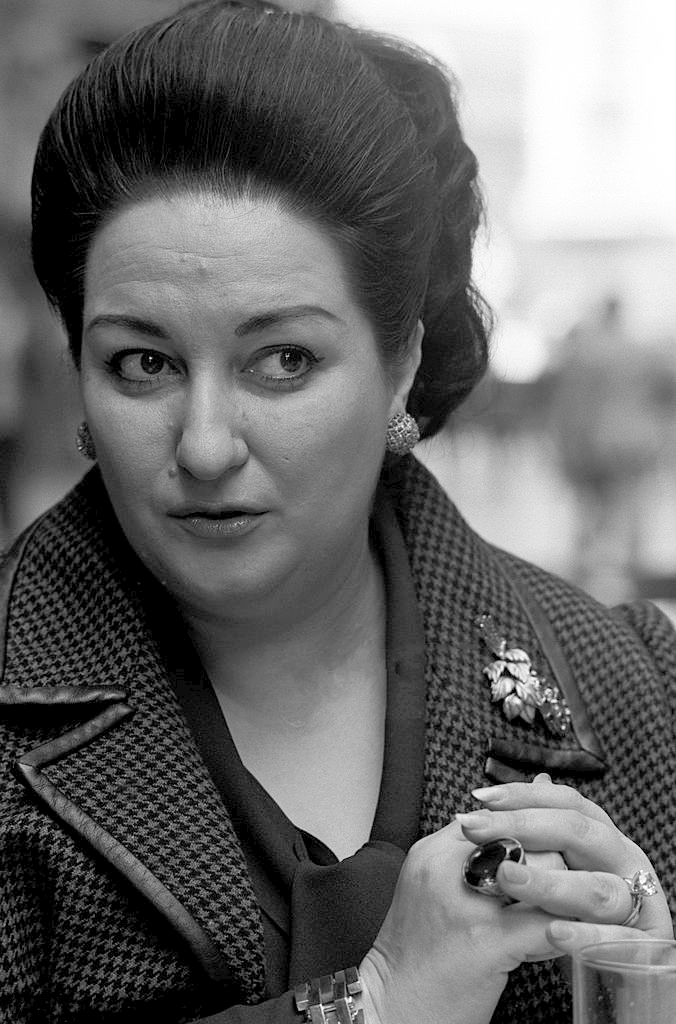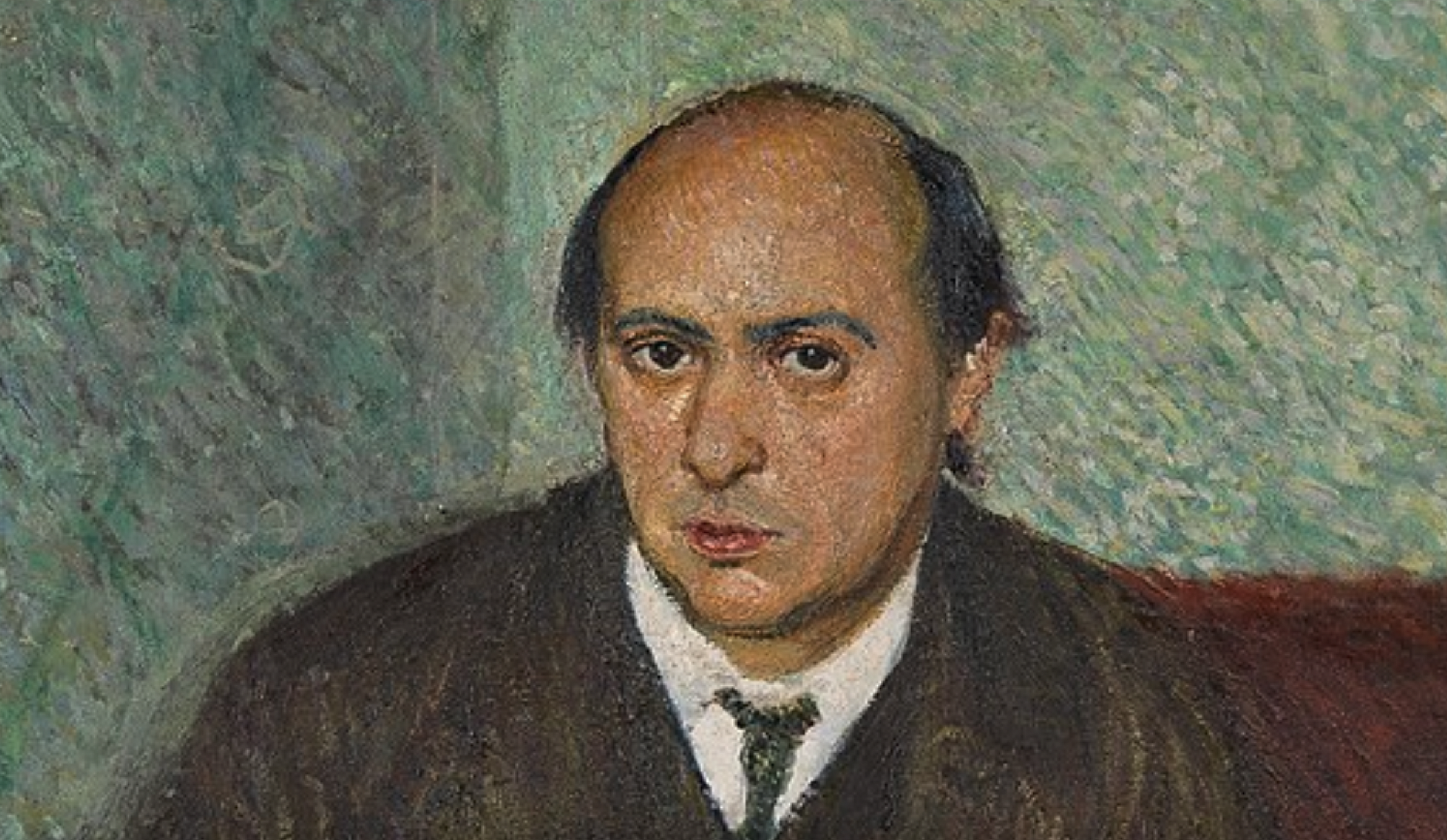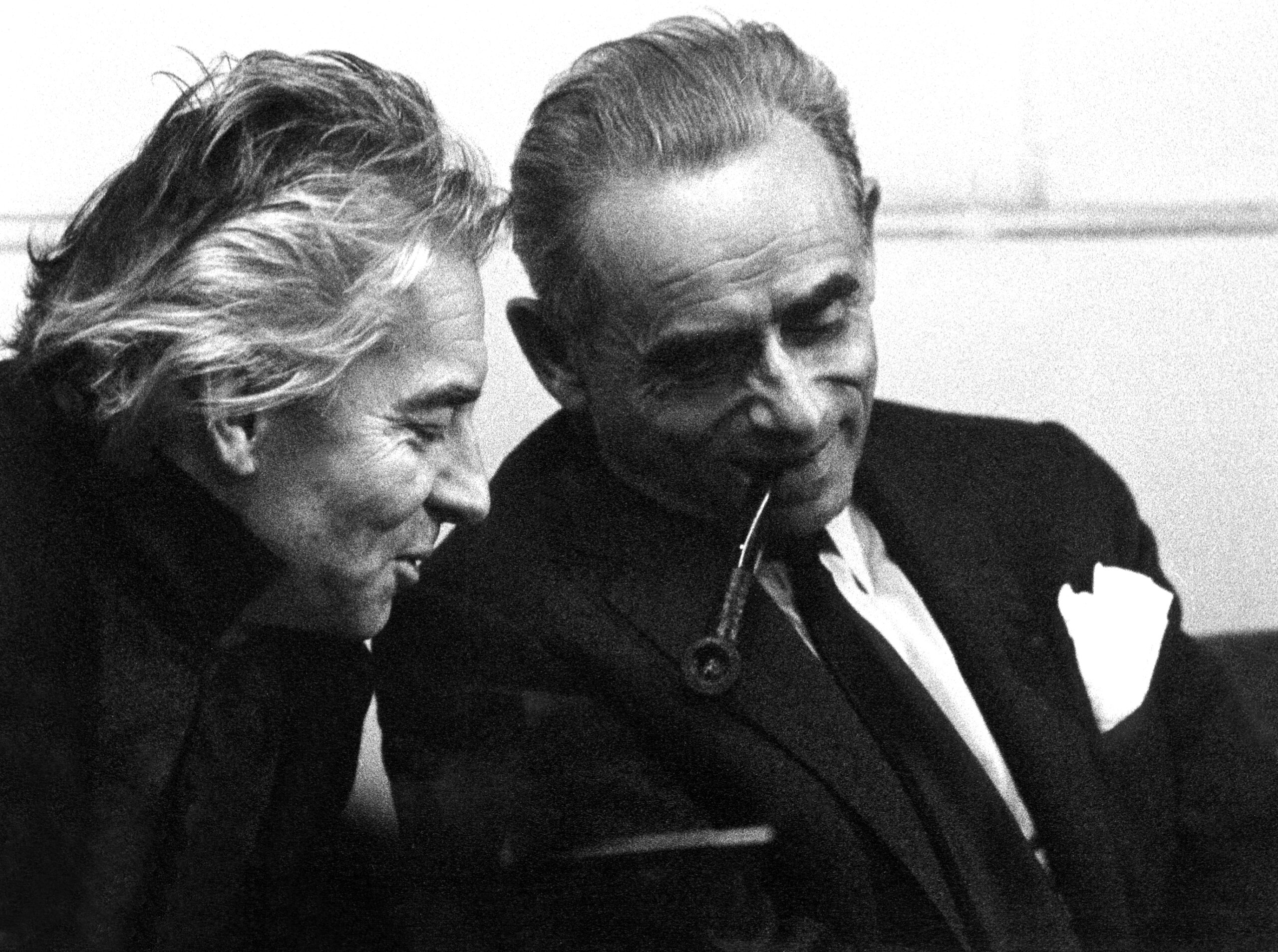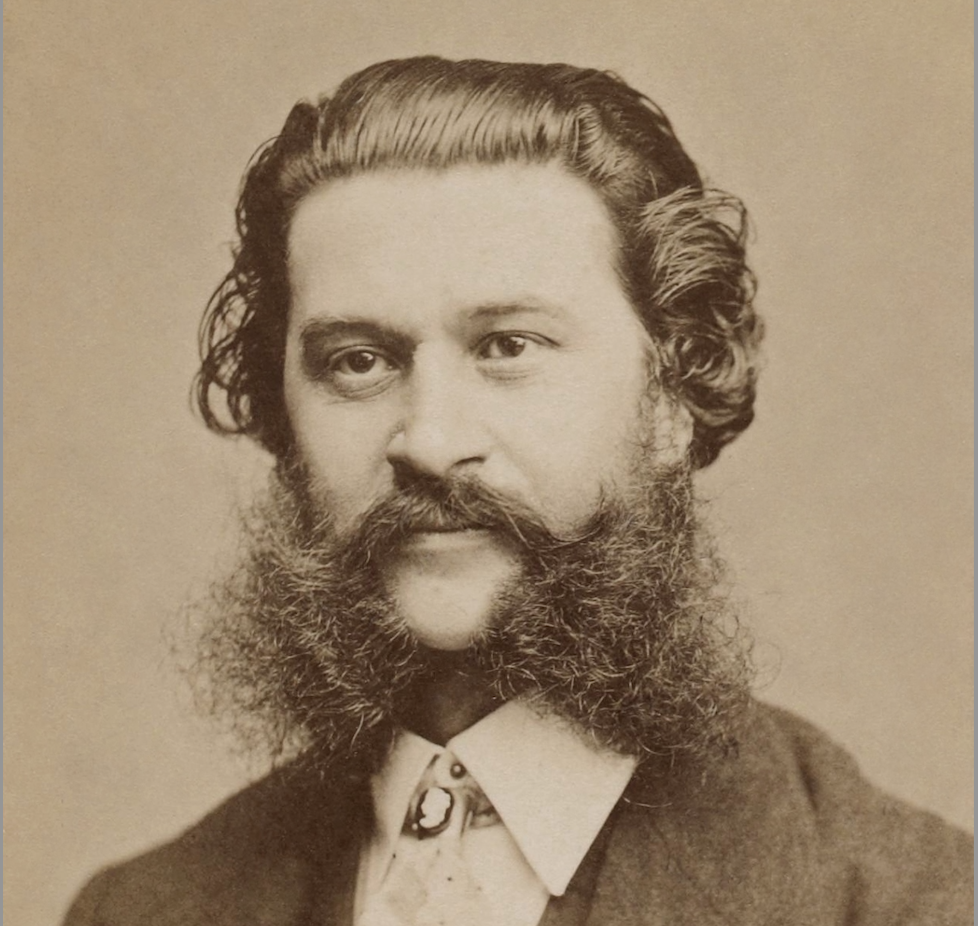24 January 2025
P.R. Jenkins
Karajan artists: Montserrat Caballé – the last diva

Karajan and Montserrat Caballé met only on a few occasions but the maestro impressed her deeply. When asked about him in 2008 (Karajan’s centenary) the singer said:
“Fantastic. Really fantastic. It was always a special challenge to perform with him. I would have loved to work more with him. Once I had to cancel a part he absolutely wanted me to sing for him. But I couldn’t! I was at the Met at that time.”
Montserrat Caballé was one of the last true divas in the 20th century. She was often called the successor of Callas and Tebaldi and she was a friend of both of them. As a young singer in her mid-twenties, she appeared two times at the Vienna State Opera in 1959 when Karajan was the managing director (but not the conductor at these evenings). She performed Salome and Donna Elvira and was invited to join the ensemble of the Opera. This was a flattering offer but Josef Krips – a sought-after Mozart specialist and one of Glenn Gould’s favourite conductors – adviced to choose a smaller theatre where she could develop her repertoire more constantly and that’s what she did. She went to Bremen in Germany and performed more often than she might have done in Vienna.
According to Caballé in several interviews and to Karajan’s biographer Richard Osborne, the part Karajan asked her for was Donna Elvira for the 1968 – 1970 series of “Don Giovanni” in Salzburg and for a film (that was never produced). He had heard her as Violetta at the Met in 1967 and immediately sent an offer to her. “Caballé was delighted, though rather less thrilled when the contract arrived (Osborne).” The part was interpreted by Teresa Zylis-Gara.
The only collaboration of Karajan and Caballé was the Verdi Requiem in two concerts at the Salzburg Easter Festival in 1976. Osborne remarked that “Caballé’s breath control amazed even Karajan, and there was wonderful singing from Cossotto, Carreras and van Dam.” Regarding the fact that Caballé was praised for her piano over her entire career and given what this ability meant for Karajan it is a pity that they weren’t able to synchronise their schedules (and contracts) more often.
— P.R. Jenkinsconnybischofberger.com (KURIER 9 March 2008)
Richard Osborne: “Karajan. A Life in Music” Chatto & Windus, London. 1998


